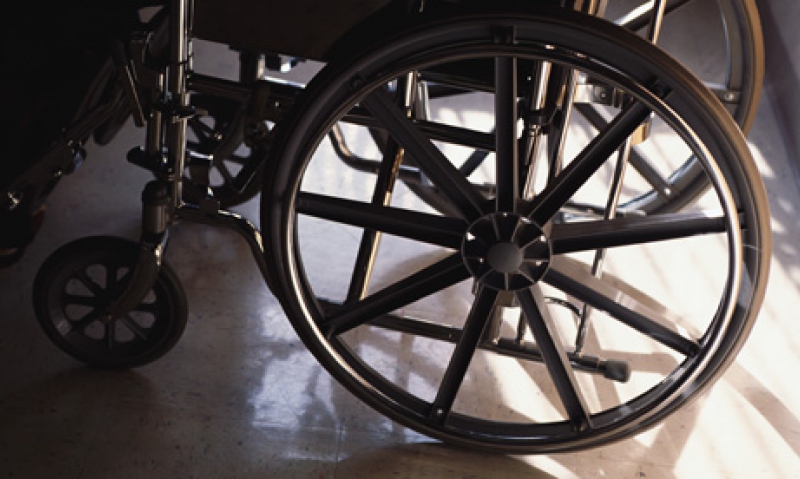
Legion is recommending further improvements to the Rating and Processing Individual's Disability Claims Act.
During its review of pending House legislation at a congressional hearing July 1, The American Legion recommended further improvements to the Rating and Processing Individual's Disability (RAPID) Claims Act.
The proposed legislation (H.R. 5549) would help to speed up procedures for considering the disability claims of veterans. In cases where veterans certify they have submitted "fully developed claims" (thoroughly documented to prove that disabilities are service-connected), VA can waive its own requirements for claim development.
While such a measure could speed up the granting of benefits to veterans, The American Legion voiced some concerns about the bill at a hearing before the House Subcommittee on Disability Assistance & Memorial Affairs.
"The American Legion supports efforts to streamline the claims process and to fast-track those claims where additional work is unnecessary," said Barry Searle, director of the Legion's Veterans Affairs & Rehabilitation Division. "However, it is essential to ensure that veterans fully understand what is being asked of them when they submit to these (VA) waivers."
Searle said that while such waivers could be beneficial in many cases, "unrepresented veterans may not fully understand what is required to grant their claim, and therefore may place themselves in jeopardy by not submitting crucial evidence."
The American Legion believes the RAPID Claims Act needs a specific mechanism that would protect veterans in situations where they may incorrectly certify their claims as being "fully developed." Searle told the subcommittee, chaired by Rep. John Hall, D-N.Y., that the legislation must allow veterans "to return to the traditional claims process at any point when it becomes clear that the claim is, in fact, not ‘fully developed.'"
While the bill would continue the current process that allows veterans to file a "notice of disagreement" on a decision and enter the appeals process, The American Legion believes such notices would create unnecessary delays and defeat the bill's original intent.
Replying to a follow-up question from Rep. Hall about The American Legion's concerns over the pending legislation, Searle said that, unfortunately, many veterans see VA as an adversary instead of an advocate.
"VA needs an attitudinal change among some of its claims processors," Searle said after the hearing. "They should go in with the attitude that a veteran's claim stands a good chance of being approved, rather than look for excuses to deny it."
At the hearing, The American Legion expressed its support for other pending House legislation:
H.R. 3407: Severely Injured Veterans Benefit Improvement Act of 2009. The bill Focuses on increased compensation for disabled veterans and recipients of the Purple Heart. It adds traumatic brain injury as a condition eligible for additional benefits and increases the special monthly compensation rate for severely injured veterans
H.R. 5064: Fair Access to Veterans Benefits Act. Under the bill, veterans' disability claims will not be barred by statutes of limitations if they did not or could not discover their injuries until after the expiration of a time limit.
Under current law, veterans have 120 days to file a notice of appeal (if their claims have been finally denied by the Board of Veterans' Appeals) to the U.S. Court of Appeals for Veterans Claims (CAVC). The American Legion passed a resolution at its 2008 National Convention, supporting legislation that would extend the 120-day appeal deadline to one year.
If enacted into law, H.R. 5064 will be especially helpful to veterans whose service-connected disabilities may hinder them from filing more timely appeals.
- Veterans Benefits

